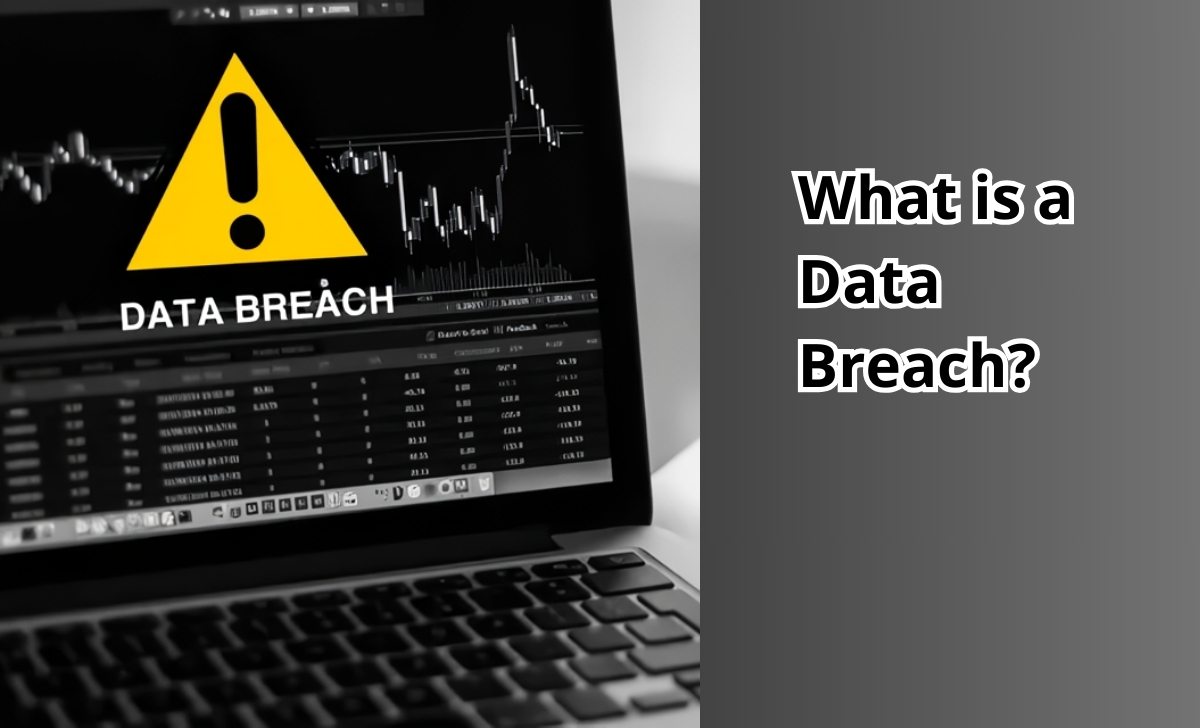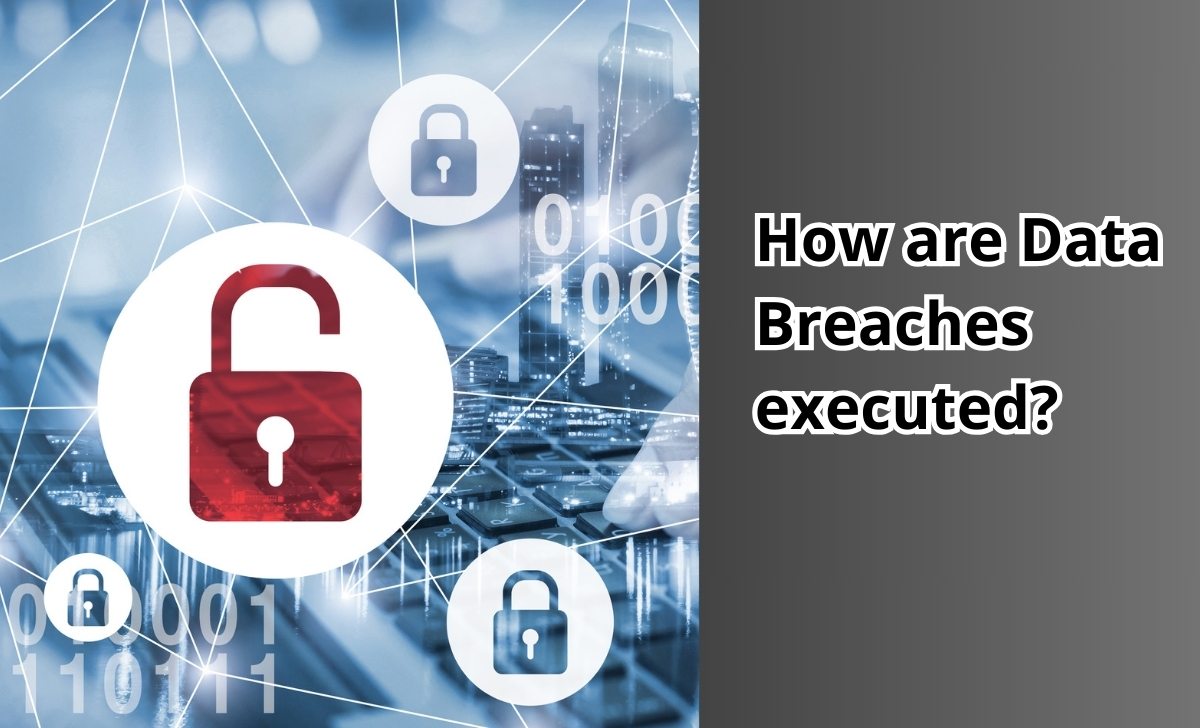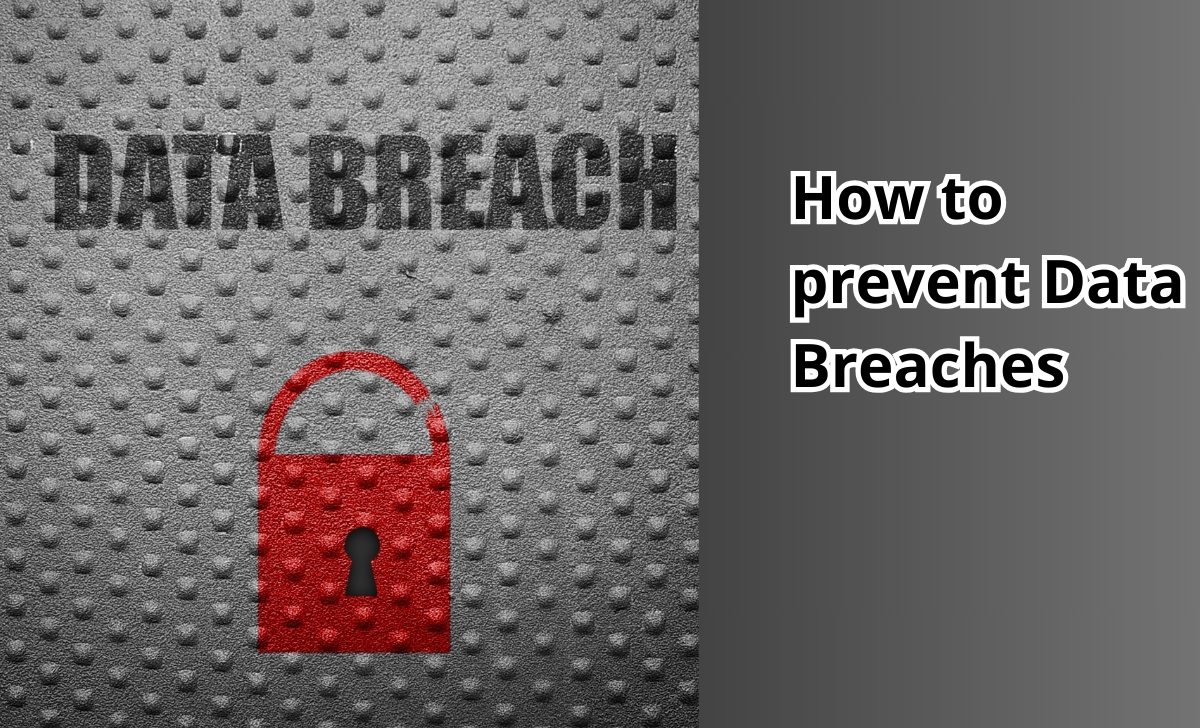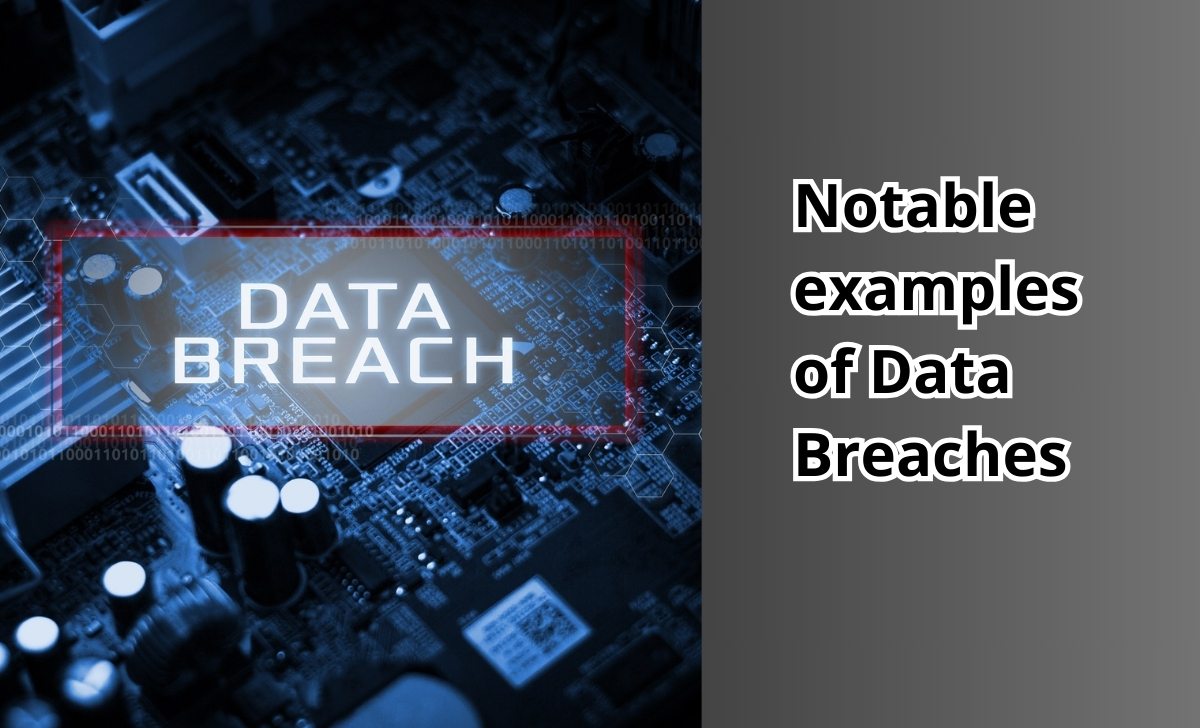Data breach, also known as a data violation, is an increasingly growing threat in the digital age. It refers to unauthorized access, theft or leakage of sensitive data.
So, what exactly is a data breach and what severe consequences can it lead to? Let’s explore this in detail with AZCoin in the following article!
What is a Data Breach?

A data breach is an act of accessing, stealing, or disclosing sensitive information without the data owner’s permission. The compromised information can include usernames, passwords, credit card numbers, medical information and many other important data types.
Data breaches can occur not only in large technology systems but can also affect personal devices, emails and even social media accounts.
Data breaches can be executed in various forms, ranging from complex cyberattacks to simple human errors. Each data breach carries significant risks, from financial losses to severe impacts on the reputation of organizations and individuals.
Causes of Data Breaches
Data breaches can stem from various causes. Here are some common ones:
- Human Error: One of the most common causes is human error, such as accidentally sending sensitive information to the wrong recipient or employees not following security protocols.
- Security Vulnerabilities: Flaws in software or hardware systems can be exploited by malicious actors to gain unauthorized access to data.
- Cyberattacks: Hackers may use various methods, such as DDoS attacks, brute force attacks, or exploiting zero-day vulnerabilities to infiltrate and steal data.
- Device Loss: The loss or theft of devices containing sensitive data, such as laptops or mobile phones, can also lead to a data breach.
How are Data Breaches executed?

Data breaches are carried out in the following sequences:
- Phishing: Phishing through emails, messages, or phone calls is one of the most common forms of data breaches. Hackers often impersonate a trusted organization or individual to trick users into providing personal information or accessing secure systems.
- Cyberattacks: Cyberattacks typically target large network systems to steal sensitive data. This can include DDoS attacks, system intrusions and brute force attacks to break security systems.
- Malware: Malware is installed on a user’s system without their knowledge and can include ransomware, spyware and viruses. Once malware infiltrates the system, it can collect sensitive data or disrupt system operations.
Consequences of Data Breaches
For Businesses
Data breaches can have serious consequences for businesses, including:
- Financial Loss: Businesses may incur significant costs to remediate the effects of a data breach, including legal fines, data recovery expenses and business losses.
- Reputation Damage: A data breach can erode customer trust, damage relationships with partners and affect long-term business operations.
- Legal Consequences: Businesses may face lawsuits or fines from regulators if they commit security breach or violate data privacy regulations.
For Individuals
Data breaches can lead to:
- Identity Theft: When personal information is stolen, malicious actors may use it to open bank accounts, apply for loans, or commit fraud under the victim’s name.
- Financial Loss: Individuals may face direct financial losses from stolen credit card information or bank account details.
- Psychological Impact: The breach of personal data can cause stress, anxiety and a loss of confidence in using online services.
How to prevent Data Breaches

To mitigate the risk of data breaches, it is crucial to implement preventive measures. Here are some common and effective ways to protect data from violations:
- Encrypt Data: This is one of the most important security measures. Encryption data becomes useless if stolen without the decryption key, protecting sensitive information even if it falls into the wrong hands.
- Regular Software Updates: Using outdated software can leave security vulnerabilities that hackers can exploit. Therefore, ensure that all systems, applications and software are updated with the latest security patches.
- Employee Training: Employees are often the target of phishing attacks or other social engineering methods. Training employees to recognize threats and how to handle security risks is essential to prevent data breaches.
- Use Security Tools: Utilizing security software such as firewalls, antivirus programs and intrusion detection systems (IDS) can help prevent cyberattacks and malware. Ensure these tools are correctly configured and effectively operating.
- Access Management: Only grant data access to those who need it and ensure that access is closely monitored and controlled. This reduces the risk of data being compromised by employees or third parties.
- Conduct Regular Security Audits: Regular security checks help identify and fix potential vulnerabilities in the system. These audits include system evaluations, penetration testing and security policy reviews.
- Safe Data Storage and Backup: Critical data should be regularly backed up and stored in a secure location. Data backup ensures you can recover data in the event of a breach.
- Enforce Strict Security Policies: Ensure that your business has clear and strictly adhered-to security policies. These policies should include regulations on password usage, device management and data protection.
How to Respond When a Data Breach Occurs
When a data breach happens, timely and appropriate response is crucial:
- Identify the Source: Immediately identify the source of the breach and stop it to minimize damage.
- Notify Stakeholders: Inform customers, employees and regulatory bodies about the breach, providing guidance on the next steps.
- Investigate the Incident: Conduct an investigation to determine the cause of the breach and assess the damage.
- Recovery and Improvement: After the incident is resolved, update security systems and improve processes to prevent similar events in the future.
To trade cryptocurrency safely, you should refer to our list of the best crypto exchanges 2024, verified from multiple sources.
Notable examples of Data Breaches

Here are some notable examples of major data breaches in recent years, highlighting the severity of data violations and their widespread impact:
Equifax (2017)
The Equifax data breach, one of the largest credit reporting agencies in the United States, is one of the most serious security incidents in history. The breach affected the personal information of about 147.9 million people, including names, Social Security numbers, birth dates, addresses and driver’s license numbers. The main cause of this breach was a vulnerability in web software that Equifax failed to patch in time.
Yahoo (2013-2014)
Yahoo suffered two major data breaches in 2013 and 2014. The first breach in 2013 affected the information of all 3 billion Yahoo user accounts. The second in 2014 affected about 500 million accounts. The stolen data included names, email addresses, phone numbers, birth dates and security questions and answers. These breaches severely impacted Yahoo’s value when it was acquired by Verizon in 2017.
Target (2013)
The cyberattack on Target’s retail system in late 2013 is one of the most famous data breaches. Hackers infiltrated Target’s payment system, stealing credit and debit card information from around 40 million customers, along with personal information from 70 million others. The attack originated from an HVAC contractor with access to Target’s system, highlighting weaknesses in vendor management.
Facebook-Cambridge Analytica (2018)
Although not a traditional data breach, the incident involving Facebook and Cambridge Analytica is a prime example of the misuse of personal data. Cambridge Analytica collected data from millions of Facebook users without their full consent and used it to target political ads during the 2016 U.S. presidential election. The incident sparked global outrage and led to multiple lawsuits and investigations against Facebook.
Adobe (2013)
In October 2013, Adobe announced that it had been breached, exposing the information of about 153 million user accounts. The stolen data included user IDs, encrypted passwords and credit card information. The attack highlighted the risks associated with protecting passwords and financial information in large systems.
Conclusion
As we can see, protecting personal and business data from the threats of data breaches is essential. AZcoin believes that implementing strict security measures is extremely important, especially in the cryptocurrency field!

I am Louis Dang, living in Ottawa, Canada. I am currently working as a trader for AZCoin company, with 7 years of experience in the cryptocurrency market, I hope to bring you useful information and knowledge about virtual currency investment.











